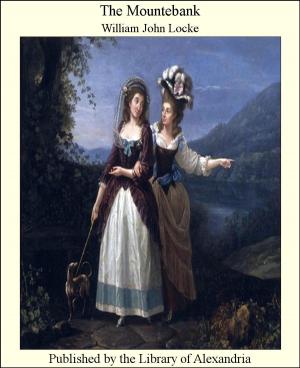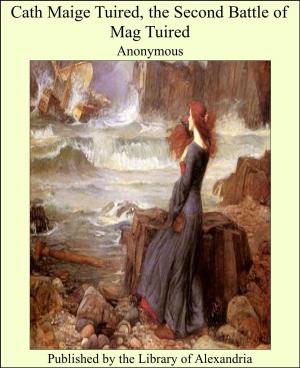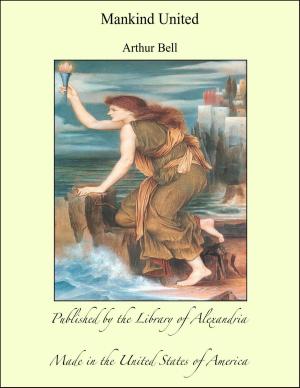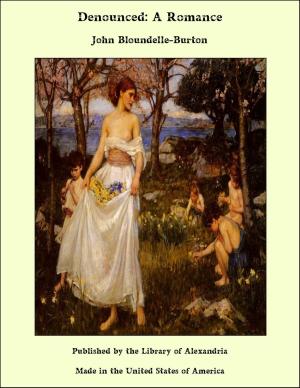The Panchatantra (Purnabhadra's Recension of 1199 CE)
Nonfiction, Religion & Spirituality, New Age, History, Fiction & Literature| Author: | Vishnu Sharma | ISBN: | 9781465615589 |
| Publisher: | Library of Alexandria | Publication: | March 8, 2015 |
| Imprint: | Language: | English |
| Author: | Vishnu Sharma |
| ISBN: | 9781465615589 |
| Publisher: | Library of Alexandria |
| Publication: | March 8, 2015 |
| Imprint: | |
| Language: | English |
The Panchatantra contains the most widely known stories in the world. If it were further declared that the Panchatantra is the best collection of stories in the world, the assertion could hardly be disproved, and would probably command the assent of those possessing the knowledge for a judgment. Assuming varied forms in their native India, then traveling in translations, and translations of translations, through Persia, Arabia, Syria, and the civilized countries of Europe, these stories have, for more than twenty centuries, brought delight to hundreds of millions. Since the stories gathered in the Panchatantra are very ancient, and since they can no longer be ascribed to their respective authors, it is not possible to give an accurate report of their genesis, while much in their subsequent history will always remain obscure. Dr. Hertel, the learned and painstaking editor of the text used by the present translator, believes that the original work was composed in Kashmir, about 200 b.c. At this date, however, many of the individual stories were already ancient. He then enumerates no less than twenty-five recensions of the work in India. The text here translated is late, dating from the year 1199 A.D. It is not here intended to summarize the history of these stories in India, nor their travels through the Near East and through Europe. The story is attractive—whose interest is not awakened by learning, for example, that in this work he makes the acquaintance of one of La Fontaine's important sources? Yet here, as elsewhere, the work of the "scholars" has been of somewhat doubtful value, diverting attention from the primary to the secondary, from literature itself to facts, more or less important, about literature. The present version has not been made by a scholar, but the opposite of a scholar, a lover of good books, eager, so far as his powers permit, to extend an accurate and joyful acquaintance with the world's masterpieces. He will therefore not endeavor to tell the history of the Panchatantra, but to tell what the Panchatantra is.
The Panchatantra contains the most widely known stories in the world. If it were further declared that the Panchatantra is the best collection of stories in the world, the assertion could hardly be disproved, and would probably command the assent of those possessing the knowledge for a judgment. Assuming varied forms in their native India, then traveling in translations, and translations of translations, through Persia, Arabia, Syria, and the civilized countries of Europe, these stories have, for more than twenty centuries, brought delight to hundreds of millions. Since the stories gathered in the Panchatantra are very ancient, and since they can no longer be ascribed to their respective authors, it is not possible to give an accurate report of their genesis, while much in their subsequent history will always remain obscure. Dr. Hertel, the learned and painstaking editor of the text used by the present translator, believes that the original work was composed in Kashmir, about 200 b.c. At this date, however, many of the individual stories were already ancient. He then enumerates no less than twenty-five recensions of the work in India. The text here translated is late, dating from the year 1199 A.D. It is not here intended to summarize the history of these stories in India, nor their travels through the Near East and through Europe. The story is attractive—whose interest is not awakened by learning, for example, that in this work he makes the acquaintance of one of La Fontaine's important sources? Yet here, as elsewhere, the work of the "scholars" has been of somewhat doubtful value, diverting attention from the primary to the secondary, from literature itself to facts, more or less important, about literature. The present version has not been made by a scholar, but the opposite of a scholar, a lover of good books, eager, so far as his powers permit, to extend an accurate and joyful acquaintance with the world's masterpieces. He will therefore not endeavor to tell the history of the Panchatantra, but to tell what the Panchatantra is.















